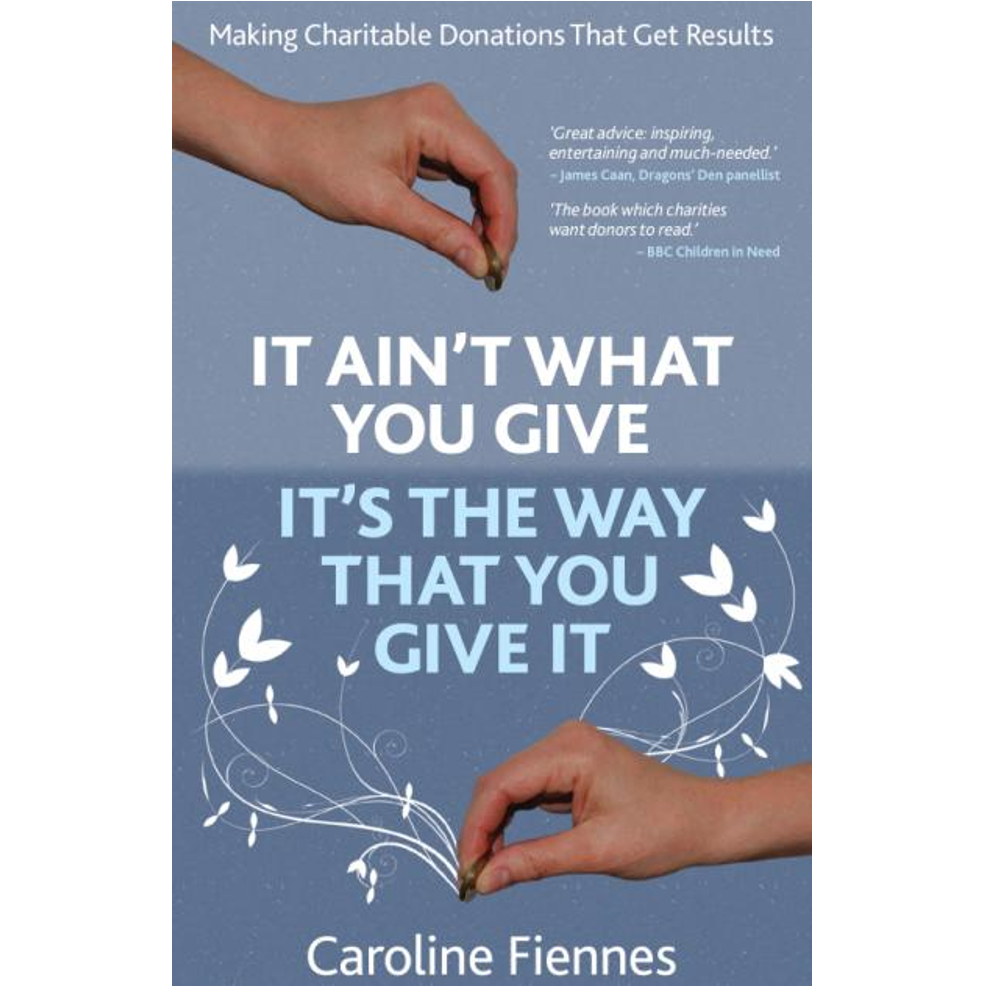Jake Hayman was right in his recent blog Not Fit For Purpose: Why I’m Done With the Foundation World – there are major problems with charitable funding.
We can see this just from the fact that charities normally pay between 20p and 40p to raise £1, whereas companies pay between 3p and 5p. We can tell, too, from the remarkable unpopularity of many grant-makers in comparison to most people who hand out money.
But what do you do about it? This isn’t a rhetorical question: I’m asking for actual examples. What have you – you! – done in the past when you’ve felt badly treated by a foundation? Do you write to the chief executive? To the chair? Rant on Twitter? Just bitch about them privately? And what happened as a result? If we collectively had more stories and examples (evidence, of a sort) about what works and what doesn’t in terms of influencing donor behaviour, perhaps we could solve much of this.
Hence my question. I don’t want examples of “grant-rage”, when you’re angry because your proposal didn’t get funded. Rather, I want to know what you’ve done when a foundation knowingly wasted your time: perhaps by leading you to apply when, if they’d thought about it, they would have seen that you were ineligible. When they were needlessly rude. When they “hoarded power”, as Jake puts it, and failed to consult important stakeholders. When you can just see some way that they could improve.
There is as yet no TripAdvisor-type thing for rating major donors and foundations, and precious little other customer satisfaction infrastructure. Many people (myself included) have looked at creating something along these lines and hope that it will materialise one day.
Meanwhile, what have you actually done with your ire, your feedback? If a foundation commissions a Grantee Perception Report from the US Center for Effective Philanthropy (declaration of interest: I’m on its advisory board), you can share it. But most don’t. A few have complaints procedures (including the Esmee Fairbairn Foundation and the Nuffield Foundation), but (a) most don’t and (b) what actually happens if you do complain?
Jake’s right, too, that many foundation staff are working hard to solve these problems. If you’re one of them, what are your stories, in terms of good or bad ways that your organisation has received unsolicited feedback? What helps you to act? And what hinders that? Please share your examples.
Send your stories to: thirdsectorfunding@haymarket.com. We will synthesise them and publish the insights. We will not name you or your organisation (unless you expressly say that you want to be named), nor will we name the other organisation in the story. This is about identifying useful patterns; it is not about naming and shaming. You don’t have to name the donor or funder, but please say a bit about them – large endowed foundation, fundraising foundation, a rich couple or whatever – so we can see if donor type seems to matter. Say what you did. And say what happened: what response you got and what changes arose. If somebody wants to fund a proper study on this, please get in touch and we’ll do some real science on it.
This article first published in Third Sector.

